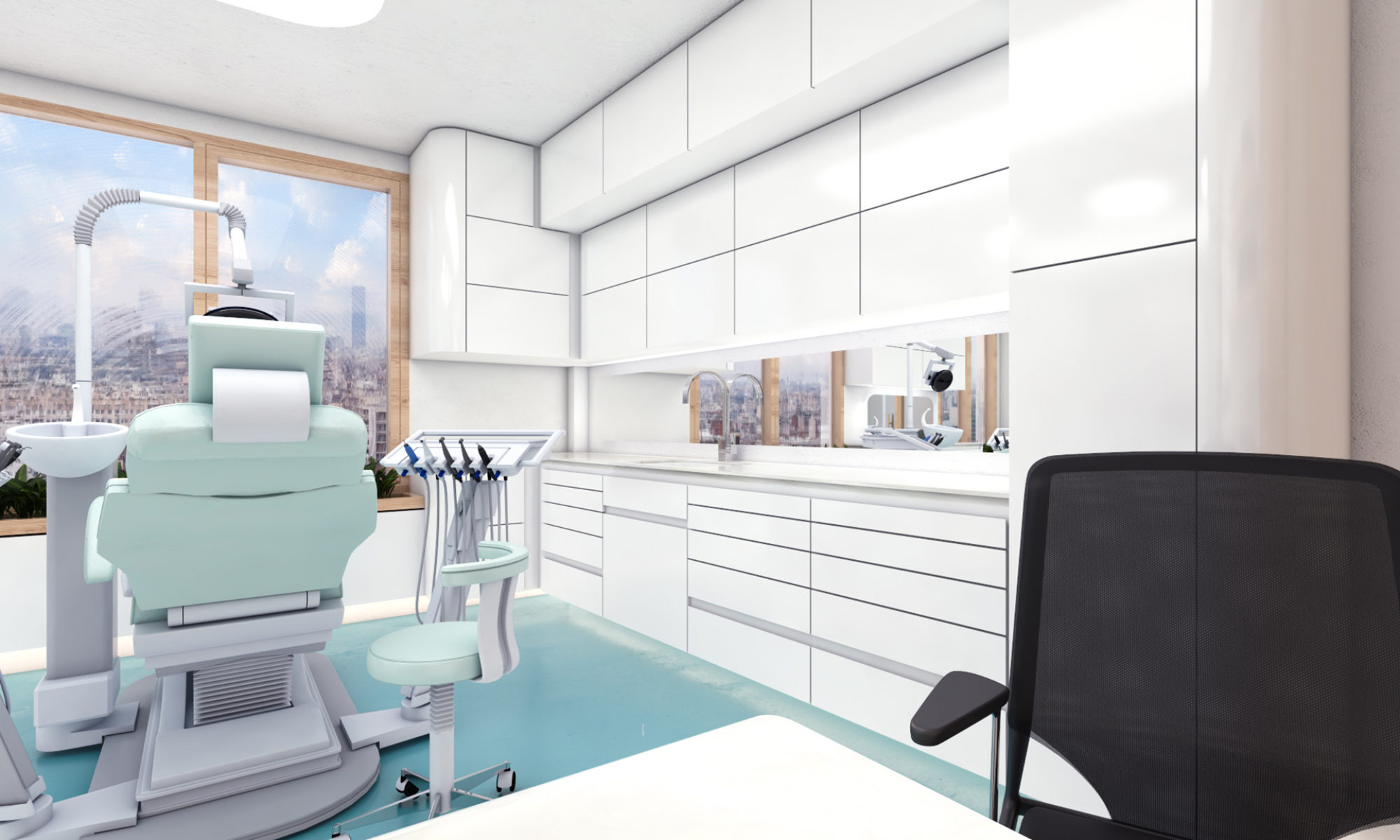Although modern dentistry provides innovative techniques and methods that make treatment fast, effective and painless, many patients dread going to the dentist. At the thought of going to the dentist, their heart beats faster, their pupils dilate, their blood pressure rises and they start sweating profusely. This condition is called dentophobia (dentophobia, odontophobia) – a subconscious fear of dentistry, dentists and dental treatment in general. In fact, it is necessary and possible to overcome your fear of the dentist. To do this, you only need to identify the cause of increased anxiety.

Possible causes of fear
The main cause of dentophobia is the experienced psycho-emotional shock. Even a harmless manipulation can provoke a subconscious reaction, which manifests itself in psychosomatic disorders, including loss of consciousness. Any abstract recommendations on how to get rid of fear of the dentist are ineffective. First it is necessary to establish what exactly is the trigger, triggering a negative reaction and purposefully get rid of it.
Dentophobia is more often due to the following reasons:
- Overreaction to any manipulation of the oral cavity;
- Previous negative experiences with dental treatment, with a subconscious expectation of pain;
- Anxiety disorder with panic attacks due to stress, excessive stress (psycho-emotional, physical), hormonal malfunction, lability (instability) of the nervous system
- increased gag reflex;
- reluctance to demonstrate the neglected state of the teeth;
- fear of “catching” an infection through the dentist’s instruments;
- low pain threshold;
- childhood memories of forced dental interventions.
How to overcome fear of the dentist
Fear is a negatively colored emotion in front of the unknown, unexplored and dangerous. You don’t have to be ashamed or deny the problem – you need to admit that it exists and gradually curb your fear. And you need to do this not 10 minutes before your visit to the doctor, and 7-10 days before going to the clinic.
- Set yourself up for a positive outcome;
- Minimize stress (find out in advance what procedures are involved, how much it costs, how much time it will take);
- Realize that you need dental treatment, and the earlier you visit the doctor, the less invasive the intervention will be;
- Learn information about new anesthetics in dentistry and understand that there will be no pain;
- Consciously approach the choice of clinic, visit it, assess the environment, technical equipment, friendliness of the staff;
- Make an appointment for a consultation with a dentist, communicate, establish a relationship of trust, assess readiness to answer questions related to treatment;
- Master relaxation or switching techniques.
With persistent dental phobia, to relieve psycho-emotional tension, you can take a mild sedative prescribed by the doctor or use a breathing technique before the appointment.
What to do if your child is afraid of the dentist
When children say they are afraid of the dentist, this is a common reaction. The reason for the fear usually lies in the fact that the child has not seen a dentist before, but may have heard negative feedback from surrounding children or adults. Also, children are frightened of the unknown.
Coping with the fear can be helped by playing doctor, where parents have fun talking about the bacteria that live in the mouth, how they destroy teeth, methods of protection and dental exams. You can watch a children’s program about the dentist’s work together, take a trip to the pediatric dentist, and let your child talk to the doctor on his or her own.
How to get rid of fear during dental treatment
- Treatment under sedation (“sleep”). Sedation immerses a person in a state of complete emotional and physical relaxation, and after treatment, it is easy to return to the awake phase, feeling great and not experiencing any negative manifestations. But treatment under anesthesia, as a counteraction to panic fear – is not recommended, the problem of dentophobia can even worsen.
- Relaxing music, interesting shows – also a great calming and distracting tool.
- A trusting relationship with a dentist – going to a dentist with whom you have established a strong rapport is psychologically more comfortable than going to a new specialist every time.
- Choose a clinic where you feel most comfortable and relaxed, with a cozy environment, without a pronounced medicinal smell, queues under the offices.
Why it does not hurt to treat your teeth
Thanks to regular developments by pharmaceutical companies, dental treatment and any other dental manipulation, today you can have absolutely no pain. New generation painkillers help you get rid of your fear of the dentist. They are so high quality and fast-acting that even surgical procedures, such as implants, are painless and discomfort-free for the patient. They have no side effects, can be used during pregnancy and for children.
The method of anesthesia, the drug and its dosage, the doctor selects individually, according to the clinical picture. All that is required of the patient is to be sure to inform about chronic diseases and allergies to medications to exclude the risk of a negative reaction of the body.
